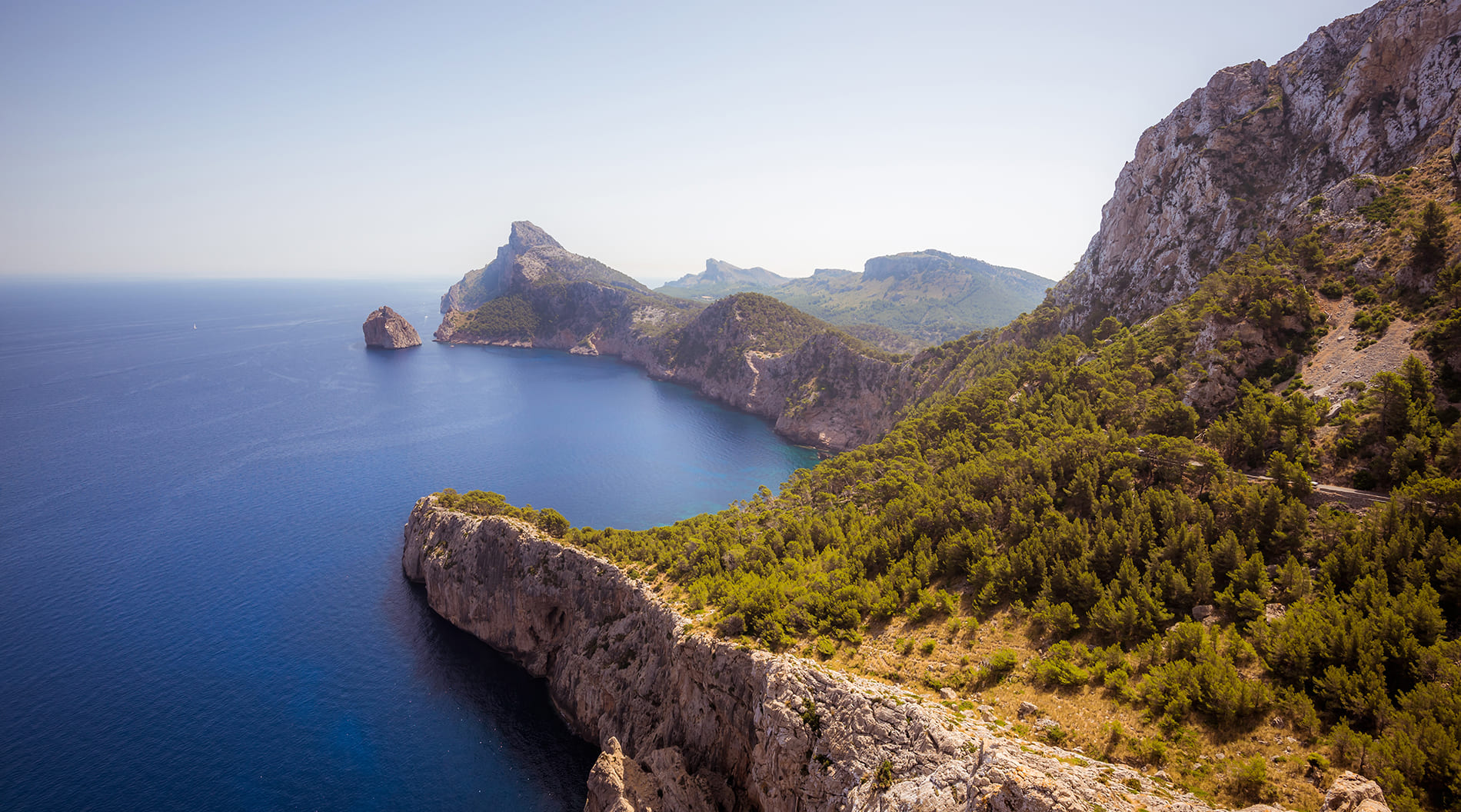
Help Save A Life In Palestine NOW!
“The best charity is to satisfy a hungry person.” – (Bukhari and Muslim) Your $5 can bring a meal to families in need.
$50
Food and clean water for 1 family for 1 week
$500
Food and clean water for 10 families for 1 week
$600
Hygiene & Personal care Kit for 20 families for 1 month
$1000
Medium-sized Community Food Pack for 1 month
The Prophet Mohammad (PBUH) said, “O people, spread peace, feed others, uphold the ties of kinship, and pray during the night when people are asleep, and you will enter Paradise in peace.”
(Sunan Ibn Majah 1334)
Imagine waking up every day with no food, no water and above all no Peace. For over 76 years, this has been the harsh reality for the people of Palestine. Families torn apart, children growing up in fear, and entire communities living under siege, with no access to basic necessities.
In this moment, you have the power to change their story. Below, we’ve shared the unimaginable struggles that children, women, and men in Gaza face daily. Each donation can be a lifeline, bringing food, water, shelter, and, most importantly, hope. We URGENTLY need your help, Your kindness today could mean survival for them tomorrow.
RECENT DONATIONS
Anonymous
Anonymous
Anonymous
Anonymous
Anonymous
Anonymous
Anonymous
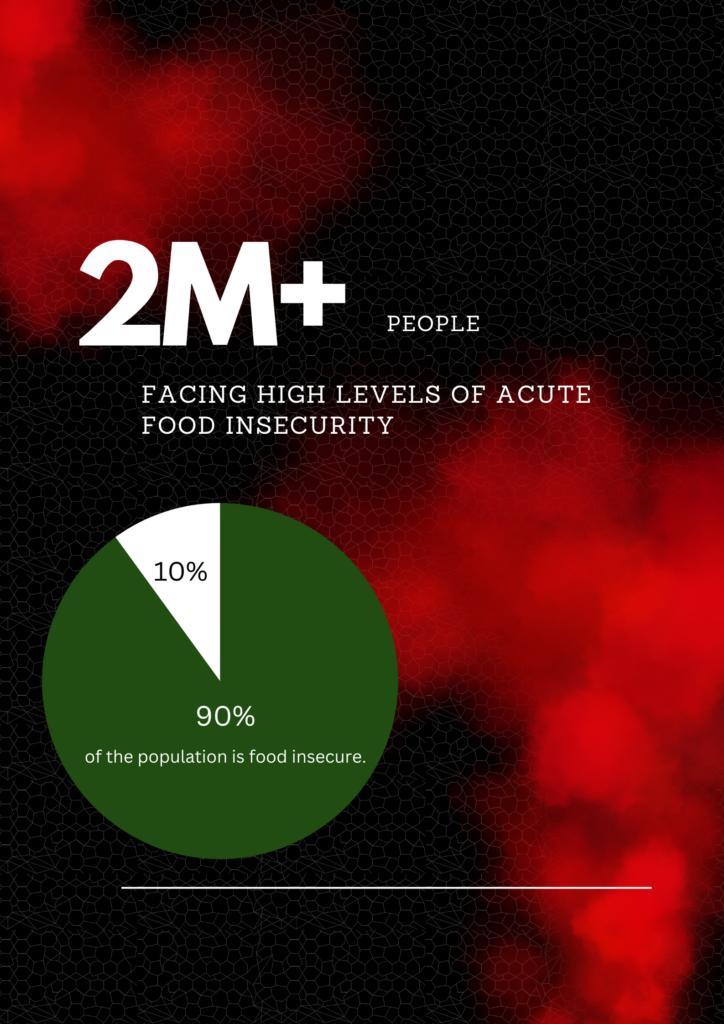
Understanding the Impact of the war on Families: Children, Women, and Men
1.Children In Palestine
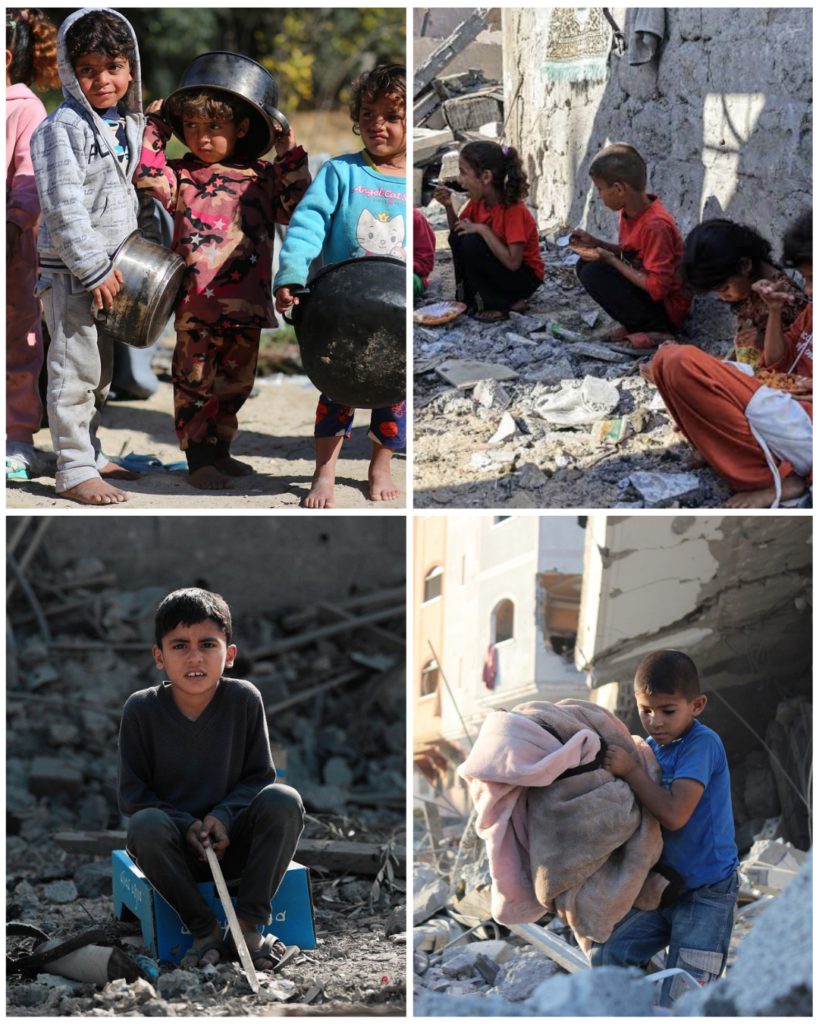
The conflict in Gaza has had a devastating and irreversible impact on children, with more than 14,000 children reportedly killed since the escalation on 7 October, according to the Palestinian Ministry of Health. Thousands more have been injured, and 625,000 students have been out of school for over six months. The emotional and psychological toll on children is profound, as they have been exposed to unspeakable trauma, the effects of which will last a lifetime. There are no safe spaces left for them.
Education in Ruins
The education system in Gaza has been decimated. As of early 2024:
- 87.7% of all school buildings in Gaza have been damaged or destroyed.
- 212 schools have been directly hit, severely damaged, or rendered unusable.
- 4 out of 16 university campuses have been completely destroyed, and 10 others severely or moderately damaged.
- More than 503,500 children attended these schools, and 18,900 teachers worked in the buildings that are now no longer functional. With schools wiped out and education halted, children face an uncertain future. The longer children are out of school, the greater the likelihood that they will not return, leading to a severe setback in their education, mental and physical health, and long-term prospects.
Grave Violations of International Humanitarian Law
International Humanitarian Law (IHL) grants schools protection against direct attacks, making the destruction of schools a grave violation against children in conflict. The bombardment of these educational institutions not only cuts off children’s immediate learning but will have lasting effects on their future. Even when hostilities cease, they will have no schools to return to.
Displacement and Suffering
The displacement crisis in Gaza has affected children the most. 1.9 million people, including half a million children, have been internally displaced, and many have been forced to move multiple times. They are enduring extreme hardships—lack of food, clean water, medicine, and shelter. Homes have been destroyed, families torn apart, and children are dying from dehydration and hunger.
The conflict has not only shattered their homes but also their sense of safety and security. Many have lost parents and loved ones, compounding their trauma. They urgently need protection and access to humanitarian aid, along with the preservation of remaining services like medical facilities and shelters.
2.WOMEN OF PALESTINE
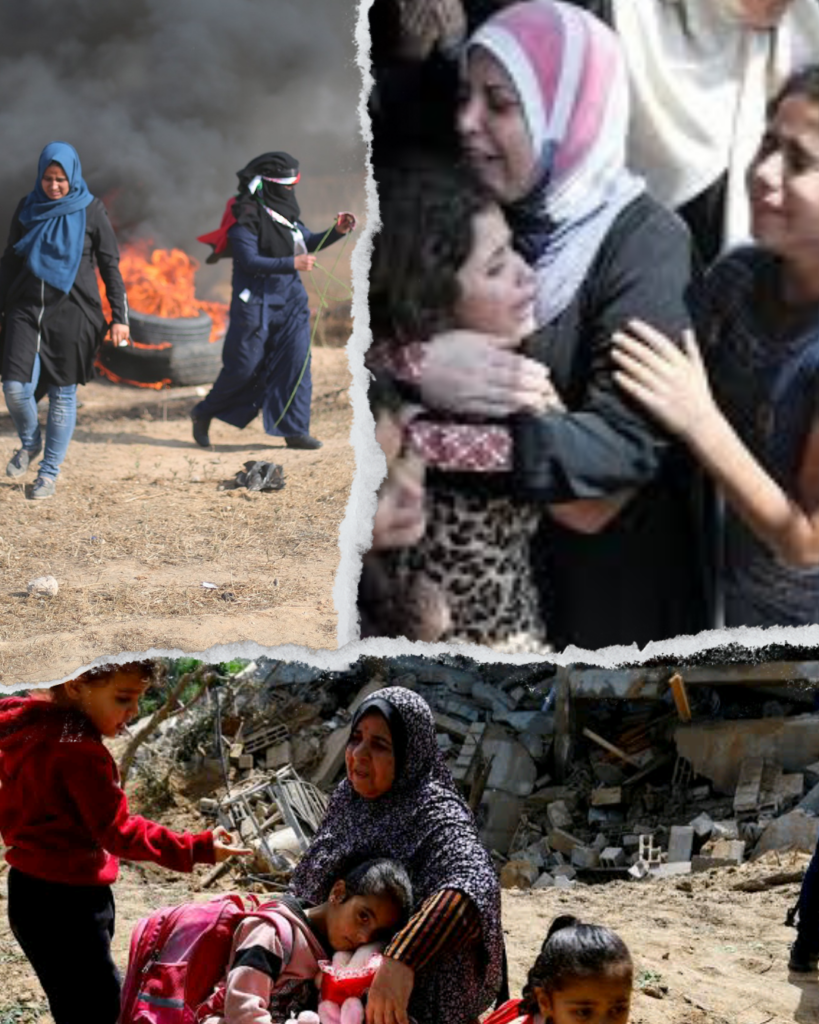
Since 7 October 2023, the humanitarian crisis in Gaza has disproportionately affected women and girls. Over 24,620 Palestinians have been killed in the conflict, with 70% being women or children. The situation has led to the displacement of over 1.9 million people, with nearly 1 million of them being women and girls.
Key Statistics:
Women and Children Affected: Over 70% of the victims of the conflict have been women and children.
Displacement Crisis: Nearly 1 million women and girls have been displaced, forced to flee multiple times, often on foot, and under dangerous conditions.
Food Insecurity: 2.2 million people in Gaza face acute food insecurity, and women and girls are often the most affected, as they deprioritize their own food intake to feed their families.
Humanitarian Challenges for Women:
Loss of Family Structures: The war has led to the breakdown of families, with women often left as the sole caretakers of children and elderly relatives. As families lose their homes and breadwinners, women must manage on scarce resources and under constant threat.
Gender-Based Violence (GBV): The chaos and overcrowding in shelters have exacerbated the risks of gender-based violence. Women face heightened risks of arbitrary detention, harassment, and exploitation during their displacement journey.
Early Marriage and Education: With food shortages, closed schools, and lack of safety, there is a growing fear among women that young girls, especially those who have lost parents, will be forced into early marriages as a desperate survival mechanism.
Access to Services: Gender-specific services, including maternal healthcare, have been severely disrupted. The only functional maternity hospital in northern Gaza is at risk of closing due to fuel shortages. Pregnant and lactating women face even greater risks of malnutrition and health complications, with 5,500 women expected to give birth in Gaza in the next month. Without adequate care, many will experience complications.
Economic Impact: Nearly 85% of Gaza’s workforce is now unemployed, including many women who lost their spouses. Women-headed households face a nearly impossible task of providing for their families amid severe food shortages and the destruction of income generation opportunities.
Menstruation has become a nightmare for the 690,000 menstruating girls and women in Palestine. Amid the severe shortage of period products and the catastrophic humanitarian conditions, women are resorting to unsafe methods to manage their periods.
In Gaza, where basic hygiene supplies are scarce, displaced women in Rafah have reported cutting small pieces from their tents to use as makeshift sanitary products, risking severe infections. With water shortages worsening, many have gone weeks without the ability to shower, making personal hygiene an overwhelming challenge.
Toothbrushes, toothpaste, sanitary napkins, and shampoo—essentials that were once affordable—are now nearly impossible to access. Women and girls are left vulnerable, struggling to maintain their dignity and health under inhumane conditions.
3.Men In Palestine
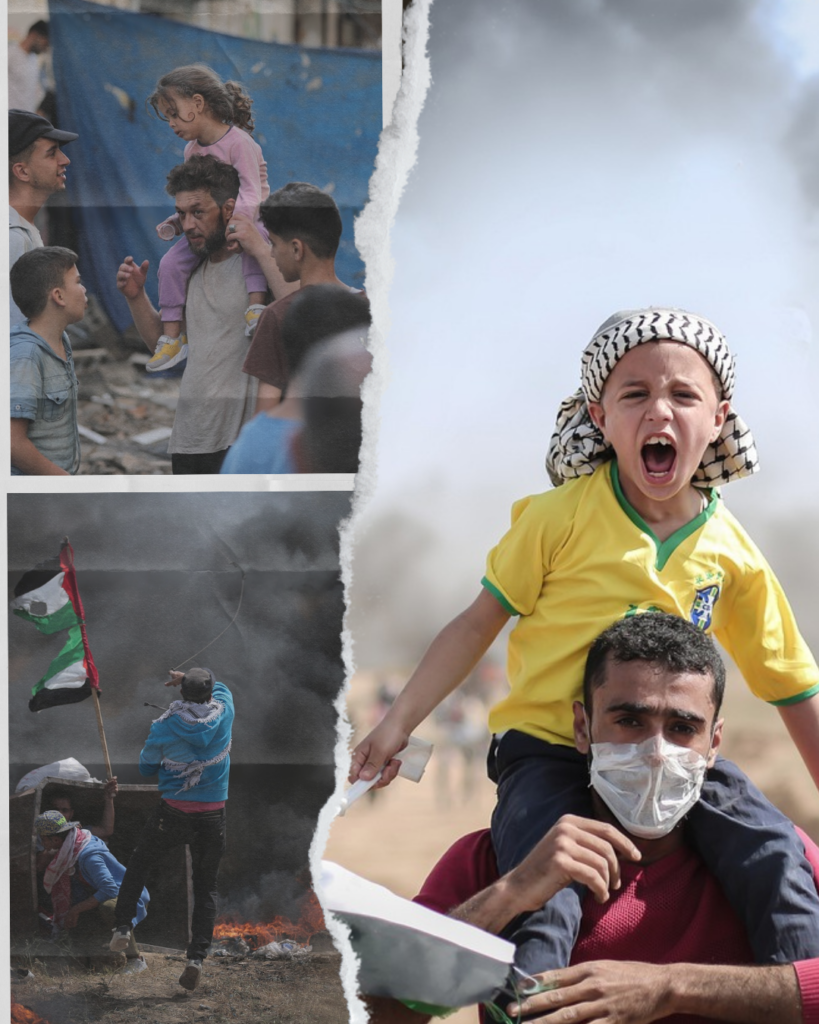
The ongoing conflict in Gaza has placed immense strain on Palestinian men, who are often seen as the protectors and providers of their families. With entire communities under siege, the traditional role of men as the defenders of their homes and loved ones has become more perilous and heartbreaking than ever. Forced to navigate the brutal realities of war, many men have been stripped of their dignity, their rights, and even their basic humanity.
Images recently circulated on social media have shown dozens of Palestinian men, stripped to their underwear, blindfolded, and made to kneel while being detained by Israeli soldiers in Gaza. These scenes are harrowing symbols of how these men are treated—reduced to helpless prisoners in their own land. Many are fathers, sons, and brothers who once stood as pillars of strength in their communities. Now, they find themselves caught in a dehumanizing cycle of humiliation and powerlessness.
For Palestinian men, the pressure to protect their families is overwhelming. In a society where men are expected to stand firm in the face of adversity, the destruction of homes, loss of livelihoods, and fear for their families’ safety have shattered this role. They are being detained under Israel’s Unlawful Combatants Law, which allows for indefinite detention without trial, and many are subjected to cruel treatment, including physical and psychological abuse. As they face uncertain futures, these men remain separated from their loved ones, unable to offer the support and protection they once prided themselves on providing.
The detentions, which often occur without legal justification or transparency, leave families in the dark about the fate of their fathers, husbands, and sons. With many men held incommunicado for months on end, their absence reverberates through their families. Mothers are left to raise children on their own, young boys are forced to grow up too fast, and entire communities are left grieving for those they may never see again.
Beyond the physical detentions, Palestinian men endure the emotional toll of helplessness. Knowing they cannot shield their families from the violence, the destruction of their homes, or the constant bombardment is a silent agony. Men, who once represented stability and security, are now emblematic of the fragility and powerlessness that grips Gaza.
Despite these hardships, many Palestinian men continue to resist. Their resilience in the face of oppression speaks to a deeper sense of responsibility—not just to their families, but to their homeland. But even their most steadfast resolve cannot undo the injustices they face daily. The detentions, torture, and inhumane treatment not only strip away their personal freedoms but also challenge the core of who they are as protectors and providers.
In a world that often views war through numbers and statistics, it’s easy to forget the personal devastation behind each detained man. These are human beings whose lives have been upended, whose families are left waiting and wondering, and whose dignity is being systematically eroded. The situation in Gaza is not just about the loss of homes and land—it is about the loss of identity, family, and the very essence of what it means to be a man in this society.
Campaign 1: Food & Water for Palestinian Families
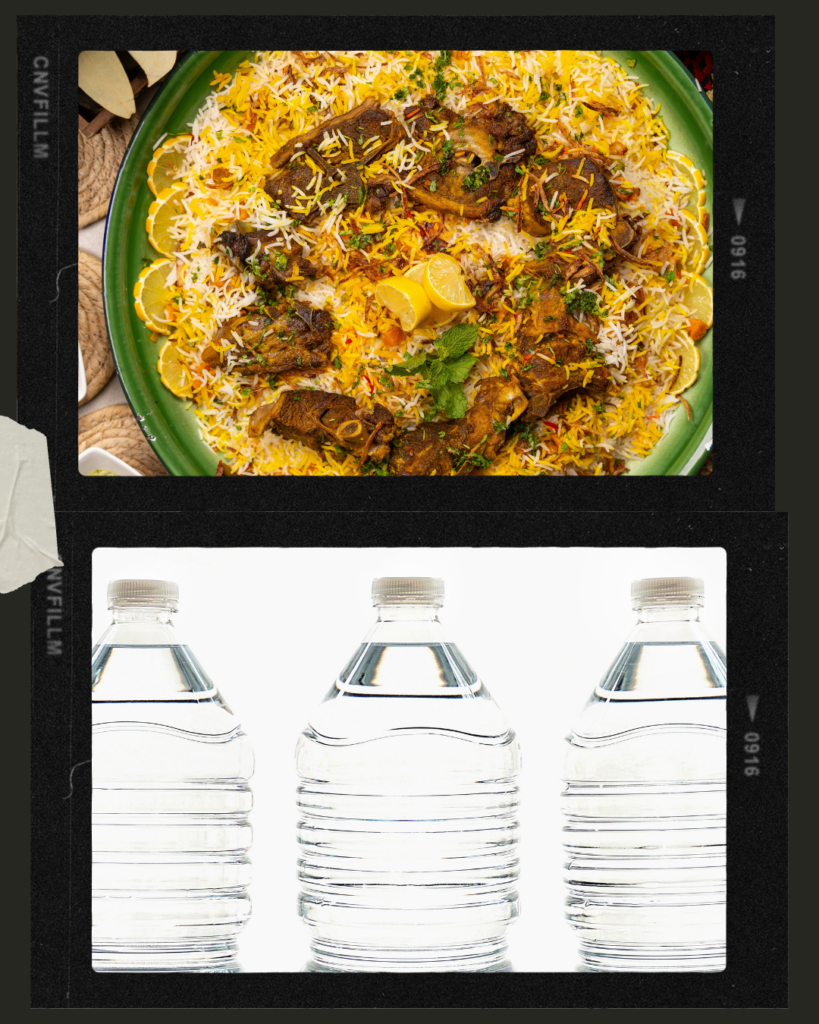
Families across Palestine are facing a severe crisis, with limited access to food, clean water, and basic necessities. Innocent children are going hungry, and parents are struggling to provide for them. Your donation today can bring life-saving relief, offering meals, clean water, and hope to them. Every contribution counts. Together, we can make a difference and restore dignity to those in desperate need.
Campaign 2: Suport Her:Hygiene for Dignity

Women and girls lack access to sanitary pads, basic hygiene products, and maternal healthcare. They are using pieces of tents and dirty cloths as sanitary pads which is affecting their reproductive system. Through this campaign, we aim to provide them with essential hygiene products.
How You Can help
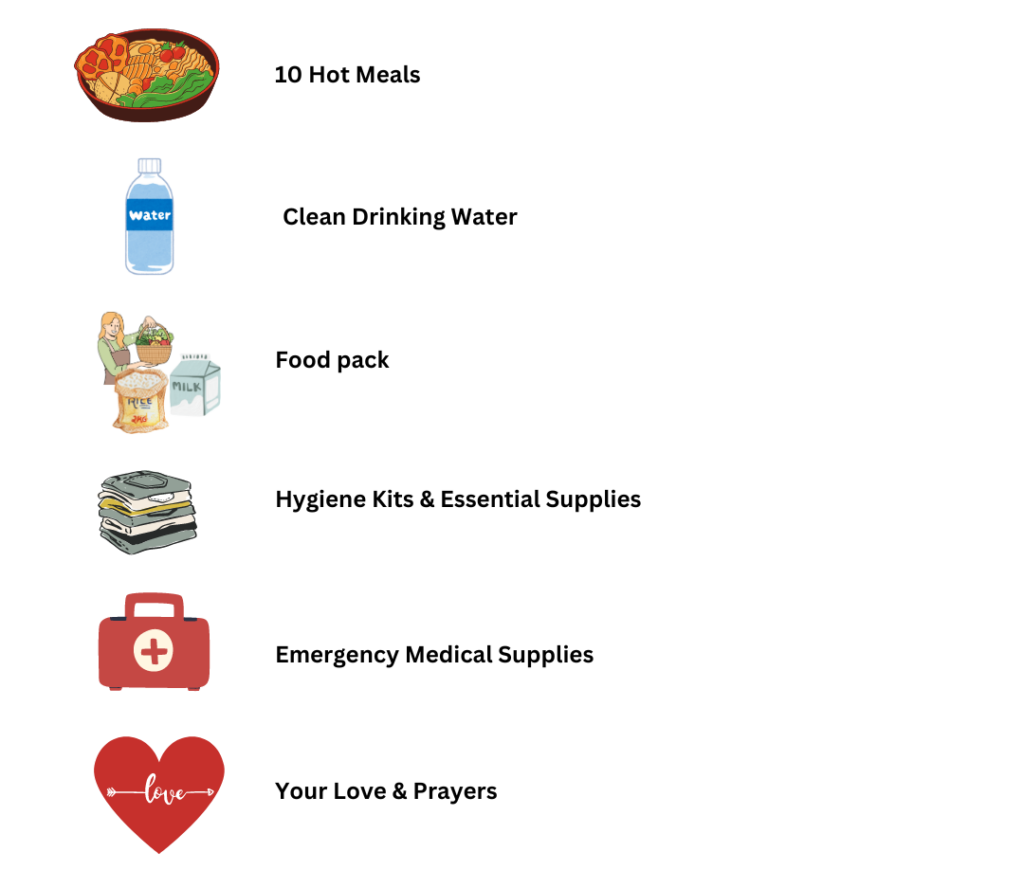
EMERGENCIES
- Gaza
- Lebanon
- Yemen
- South Sudan
- Congo
- Afghanistan
- Syria
“O Allah, the Most Merciful, we turn to You in our times of suffering. Grant strength to those in pain, comfort to the grieving, and relief to those in distress. Surround them with Your mercy and heal their hearts and bodies. May Your infinite wisdom guide them through these trials, and may they find peace in Your presence. Ameen.”
Jannat Blessing Foundation
We are dedicated to advocating for the rights and dignity of the Palestinian people, particularly in the face of ongoing oppression and violations of international law. Our mission is rooted in the belief that every individual deserves to live in peace, free from violence and injustice. We aim to amplify the voices of those affected by the Palestine-Israel conflict, raise awareness about the humanitarian crisis, and foster understanding and solidarity among global citizens.
Our work aligns with several Sustainable Development Goals (SDGs), particularly:
- Goal 16: Peace, Justice, and Strong Institutions: We strive to promote peaceful and inclusive societies, ensure access to justice for all, and build effective, accountable institutions at all levels.
- Goal 1: No Poverty: By addressing the socio-economic challenges faced by Palestinians, we aim to combat poverty and enhance livelihoods.
- Goal 10: Reduced Inequalities: We advocate for equitable rights and opportunities for all Palestinians, challenging systemic discrimination and inequality.
Through our initiatives, we aim to educate and engage communities worldwide about the realities faced by Palestinians, fostering a culture of empathy and action towards achieving peace and justice in the region. Together, we can contribute to a more just and equitable world for all.
“Charity does not decrease wealth.” – (Sahih Muslim 2588)
